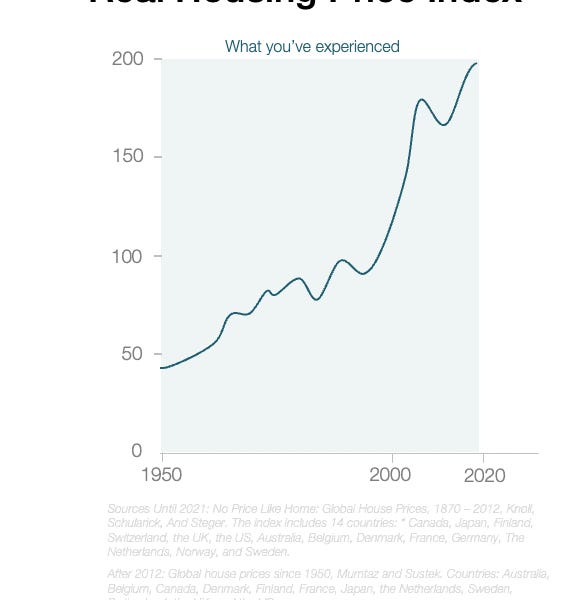
The race of the AI labs heats up
E very so often a new technology captures the world’s imagination. The latest example, judging by the chatter in Silicon Valley, as well as on Wall Street and in corporate corner offices, newsrooms and classrooms around the world, is ChatGPT. In just five days after its unveiling in November the artificially intelligent chatbot, created by a startup called OpenAI, drew 1m users, making it one of the fastest consumer-product launches in history. Microsoft, which has just invested $10bn in OpenAI, wants ChatGPT-like powers, which include generating text, images, music and video that seem like they could have been created by humans, to infuse much of the software it sells. On January 26th Google published a paper describing a similar model that can create new music from a text description of a song. When Alphabet, its parent company, presents quarterly earnings on February 2nd, investors will be listening out for its answer to ChatGPT. On January 29th Bloomberg reported that Baidu, a Chinese search giant, wants to incorporate a chatbot into its search engine in March.
It is too early to say how much of the early hype is justified. Regardless of the extent to which the generative AI models that underpin ChatGPT and its rivals actually transform business, culture and society, however, it is already transforming how the tech industry thinks about innovation and its engines—the corporate research labs which, like OpenAI and Google Research, are combining big tech’s processing power with the brain power of some of computer science’s brightest sparks. These rival labs—be they part of big tech firms, affiliated with them or run by independent startups—are engaged in an epic race for AI supremacy (see chart 1). The result of that race will determine how quickly the age of AI will dawn for computer users everywhere—and who will dominate it.




















